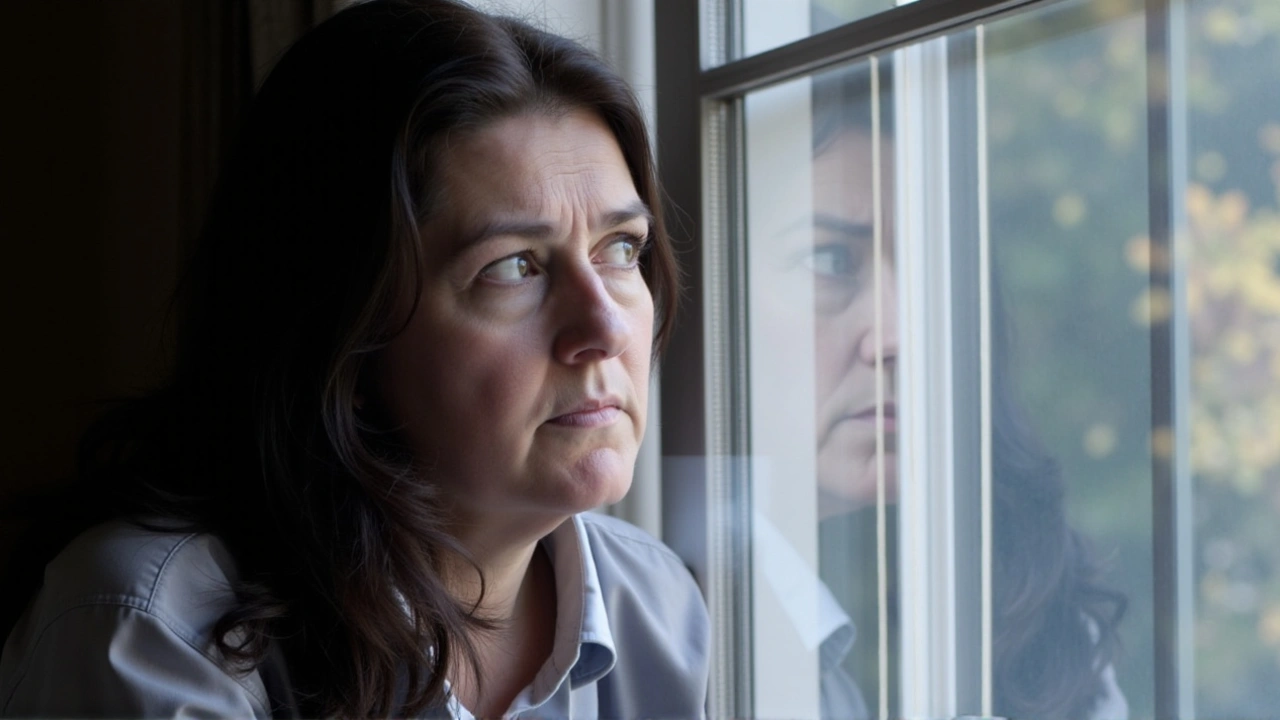Dreams: Why They Matter and How Meds Can Change Them
Have you ever woken up from a vivid dream and wondered why it felt so real? Dreams do more than entertain— they help process memories, emotions, and stress. Scientists link REM sleep to learning and mood regulation, so strange nights can signal real changes in your brain.
Certain medications alter dreams. Antidepressants like SSRIs can dull REM or cause nightmares in some people. Blood pressure meds, especially beta-blockers, sometimes lead to more fragmented sleep and strange dreams. Even over-the-counter sleep aids or melatonin can intensify dream recall for a few nights.
You can track patterns without making changes right away. Keep a short dream journal and note meds, doses, and alcohol use. If vivid dreams appear after starting a drug, flag that date. Many side effects fade after a couple of weeks as your body adjusts.
If dreams become nightmares or disrupt daytime function, talk to your prescriber. Don’t stop prescription meds suddenly; withdrawal can make sleep worse. A doctor may adjust dose, switch drugs, or suggest timing changes—taking a med in the morning instead of at night often helps.
There are non-drug ways to improve dream quality too. Stick to a regular sleep schedule, limit screens before bed, and avoid heavy meals late at night. Relaxation techniques—deep breathing, progressive muscle relaxation, or guided imagery—can reduce nighttime anxiety that feeds bad dreams.
Medications That Often Change Dreams
SSRIs (fluoxetine, sertraline) — may cause vivid dreams or nightmares, usually temporary. Beta-blockers (propranolol) — linked to more fragmented sleep and recall of dreams. Dopamine drugs and stimulants — can increase dream intensity. Melatonin and some antihistamines — may boost dream recall. Antidepressant withdrawal — can trigger intense dreaming for days to weeks.
When to Seek Help
See your doctor if nightmares cause fear of sleep, leave you tired, or come with mood changes. Mention all meds, supplements, and alcohol use. Sleep specialists can order a sleep study if there are signs of sleep apnea or unusual movements. If a med clearly started the problem, your prescriber can plan a safe change.
Want practical steps now? Try cutting late caffeine, keep nights cool and dark, and write down a quick note of dreams to reduce their emotional hold. Check medication guides and drug interaction pages on PowPills.com for specifics on a drug you're taking. Small changes often reduce dream disturbances fast.
Lucid dreaming — becoming aware you are dreaming — can help people rehearse skills and reduce nightmare distress. Techniques like reality checks and keeping a consistent sleep time increase lucidity over weeks, not overnight. Be cautious with supplements sold to boost lucid dreams; some contain strong compounds and lack quality checks. Always tell your healthcare provider before adding herbs or high-dose melatonin, especially if you take antidepressants or blood pressure meds.
Quick checklist: note when changes start, record sleep quality, avoid alcohol before bed, and ask your prescriber about timing or alternatives. If dreams return after a med switch, bring the notes to your appointment. Tracking helps your prescriber make a smarter, safer decision fast.
Good sleep is a medical tool, use it.
Exploring the Psyche: Can Antidepressants Cause Strange or Vivid Dreams?
The use of antidepressants has been linked to the experience of strange or vivid dreams, affecting dream emotions and even leading to nightmares. Understanding these effects is crucial for those on such medication.

